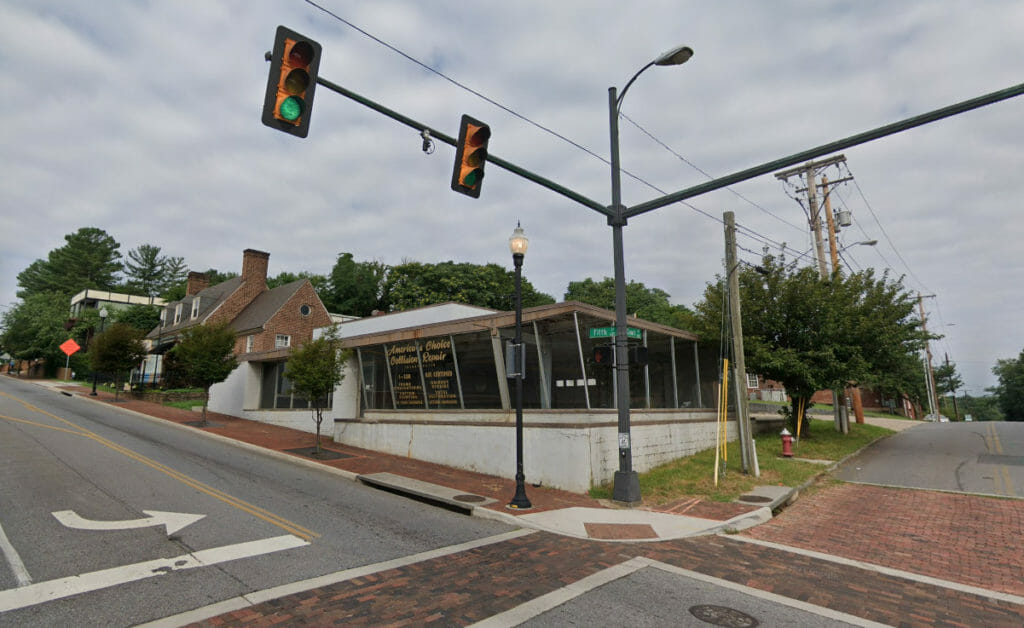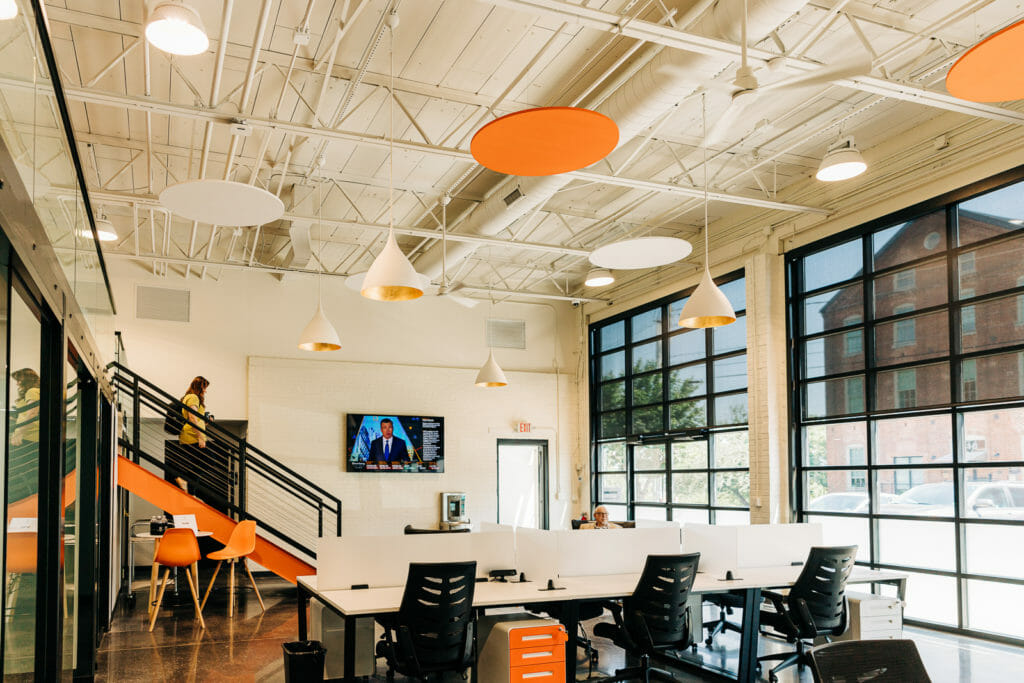What is a Brownfield?
The term brownfield often conjures images of neglected properties, decay, or contaminated sites. In Lynchburg, brownfields have a different connotation because they offer immense potential and are areas that sprout economic development. Thanks to the City of Lynchburg’s successful Brownfields Program, these sites can be reimagined and transformed.
“Our Brownfields Program has successfully taken underutilized commercial and industrial sites in the City and breathed new life into them,” said Marjette Upshur, Director of the Lynchburg Office of Economic Development. “Federal and state grants are leveraged for environmental assessments and development planning that help property owners and developers realize the best and highest use for these sites.”
For a program that first began in 2014, the results have been impressive. Lynchburg’s Brownfields Program has received multiple grants from the Environmental Protection Agency (EPA) and the state’s Department of Environmental Quality (DEQ) totaling over $1,000,000.
How the Program Works
By evaluating abandoned, underutilized and deteriorating industrial and commercial sites, the Brownfields Program spurs economic development and revitalization. The Office of Economic Development has applied for multiple EPA and DEQ grants to provide the financial resources needed to continue the City’s transformation from a heavy manufacturing and industrial economy to a more diverse and dynamic economic climate.
Using these funds, the Office of Economic Development can provide resources for brownfields inventorying, environmental site assessments, remediation planning efforts, redevelopment planning, community outreach and more.
In addition to direct financial assistance, federal, state and local tax incentives are available to property owners and developers to help reduce the costs of brownfield projects. Federal tax incentives include the Taxpayers Relief Act, which allows eligible taxpayers to deduct qualified cleanup expenses of brownfields in the year expenses are incurred, and rehabilitation income tax credits for 10% of the expenses of rehabilitating structures built before 1936.
Economic Impact
Lynchburg’s Brownfields Program is one of the most successful projects in the Commonwealth of Virginia. Both DEQ and the Virginia Economic Development Partnership highlight Lynchburg as a model for other communities. Why is that?
The program’s results are significant. Since its inception, over 30 projects have been completed using Brownfields Program funds, including inventories, prioritization and related efforts, environmental site assessments, structural and hazardous materials assessments of buildings, remediation planning efforts, redevelopment planning, community outreach and more.
The Brownfields Program helps attract new development and business to the City. The grant funds secured by the Office of Economic Development are deployed and leveraged throughout the community to maximize investments from others. This project presents an opportunity to increase both residential and commercial property values.
A great example of private investment spurred by the Brownfields Program is the newly repurposed building at 403 Fifth Street. Once the site of a service center and an auto dealership, this property now boasts the headquarters for RIVERSEDGE USA, a furniture business, and a new co-working space.

403 Fifth Street pictured before redevelopment.

403 Fifth Street, pictured in Spring 2022 after the redevelopment project. The building now hosts RIVERSEDGE USA and Re Fifth Co-Working space.
A representative list of properties in Lynchburg that have been addressed or have received some assistance from the City’s Brownfields Redevelopment Program appears below:
- Former White Star Steam Laundry & Mid State Electrical Supply, Church & 12th Streets
- Former Waytec Electronics Site, McConville Road
- Former Gould Batteries Site, Carroll Avenue
- Former United Cigarette Machine Co., Greene Street
- Former Bulk Fuel Storage Facility, Langhorne Road
- Former Piedmont Express/Trucking Facility, Murray Place
- Lynchburg Grows, Englewood Street
- Former Auto Sales/Service Center, 5th Street
- Former Lynchburg Foundry Warehouse Site, Garnet Street
- Dearington Apartments Public Housing Community, Chambers Street
- Dearington Tennis Courts/Jefferson Park, Chambers Street & N York Street
- Former Intermet Foundry Site, Concord Turnpike
- City Materials Storage Site, Pulaski Street
- West Building, Court Street
- Dearington Neighborhood Recreational (redevelopment) Plan
A Collaborative Approach
Lynchburg’s Brownfields Program empowers a variety of stakeholders to create positive change in the community. Private and public organizations play a role in assessing, cleaning up and redeveloping brownfield sites. Key players include state and federal environmental agencies, economic development and planning agencies, citizen and community groups, commercial lenders, technical consultants, legal counsel, local government agencies, developers, investors and real estate professionals.
“It truly takes a dynamic team to redevelop a brownfield site,” added Upshur. “Lynchburg’s collaborative approach and additional brownfields redevelopment resources provide property owners, developers and businesses with the confidence to see their vision through to fruition.”
Similar to the talented teams that redevelop brownfields sites, this program has been so successful due to the support from key leaders in the City, including the City’s administration, elected leaders, and economic development team. The City’s long-standing partnership with leading technical consultants, such as Draper Aden Associates, further provides expertise and capacity to ensure the Brownfields Program continues to enhance the community.
As Lynchburg approaches the 10-year anniversary of this program, previous success continues to spur new investment and the City remains committed to this impactful project.
If you think your property may be a good candidate for the Brownfields Program, please contact our office.